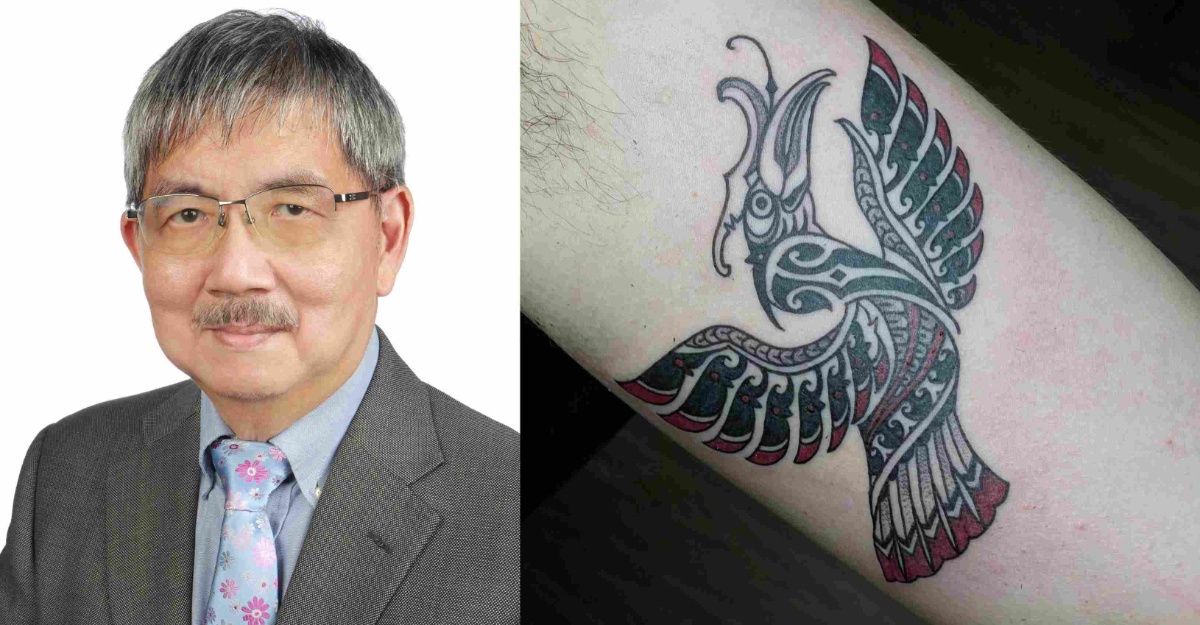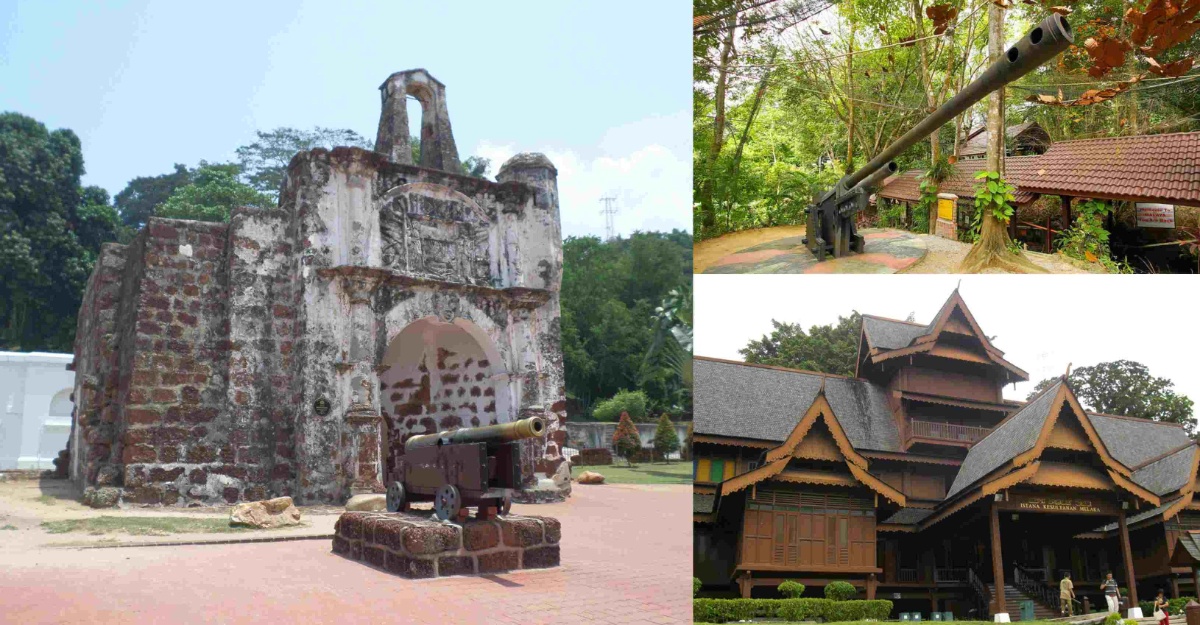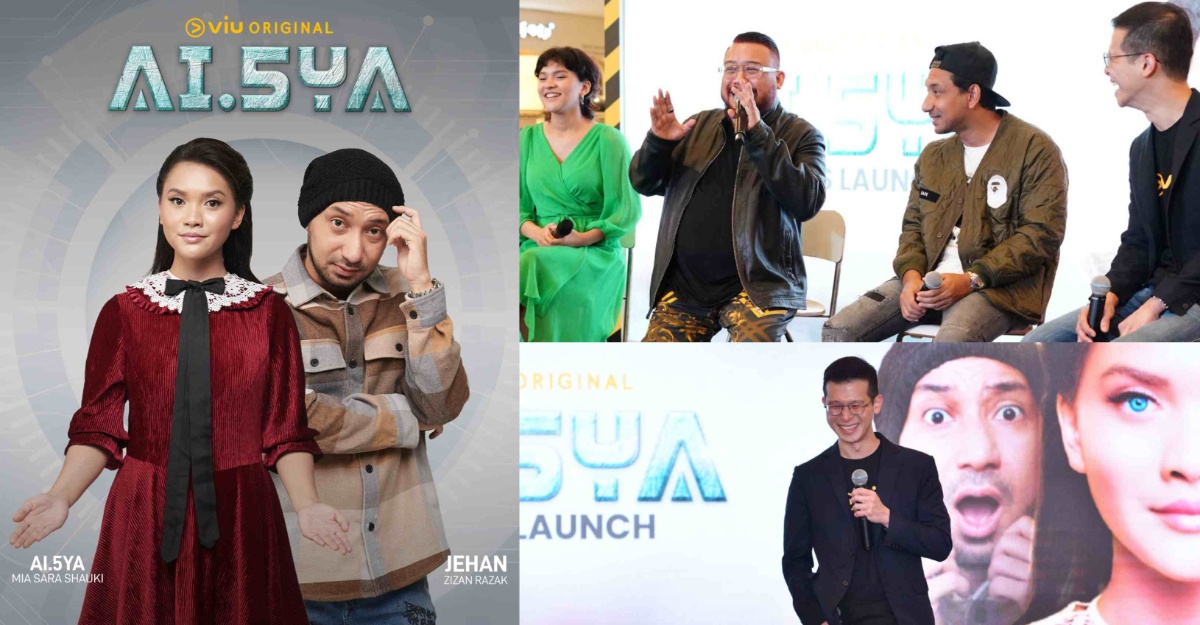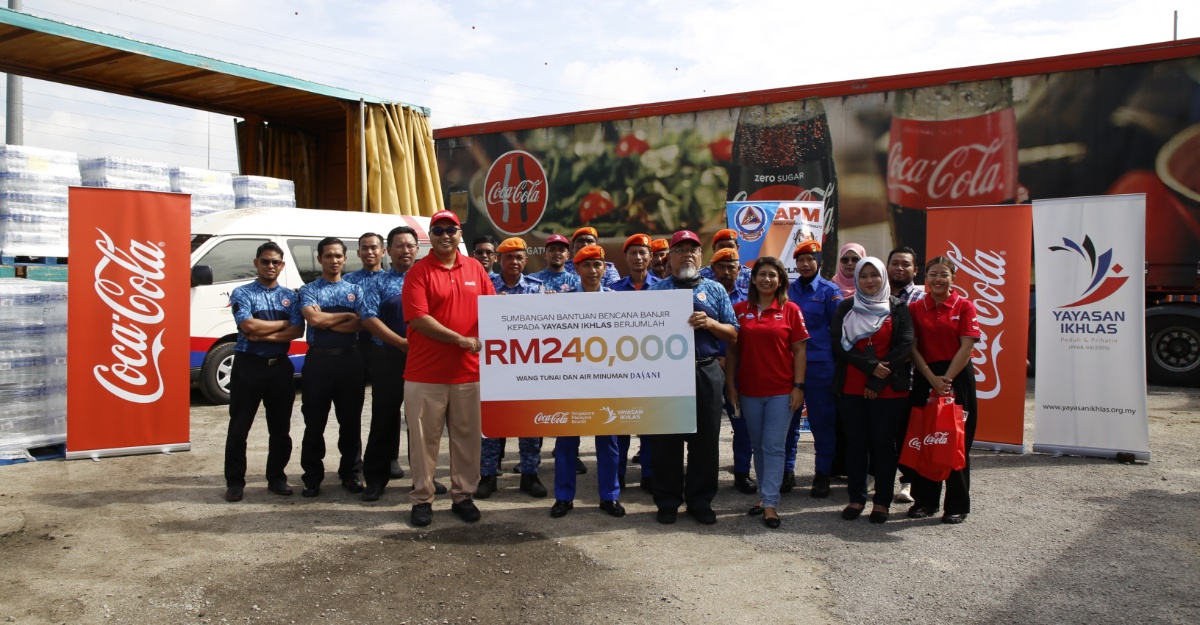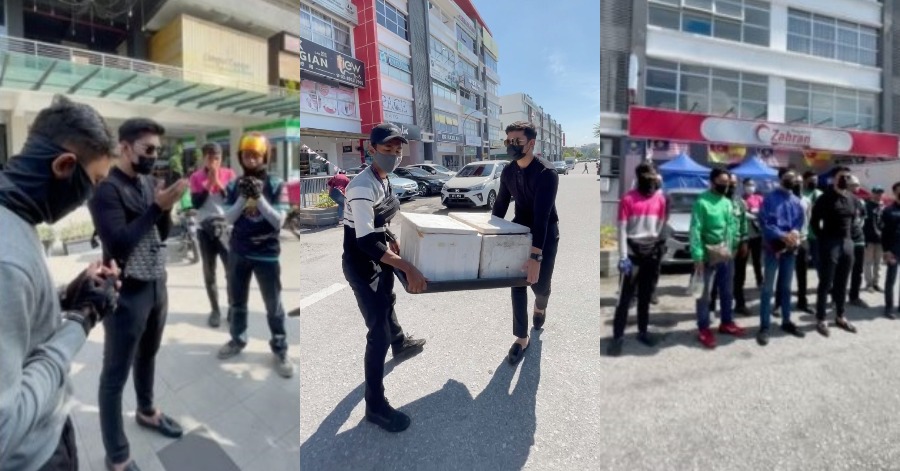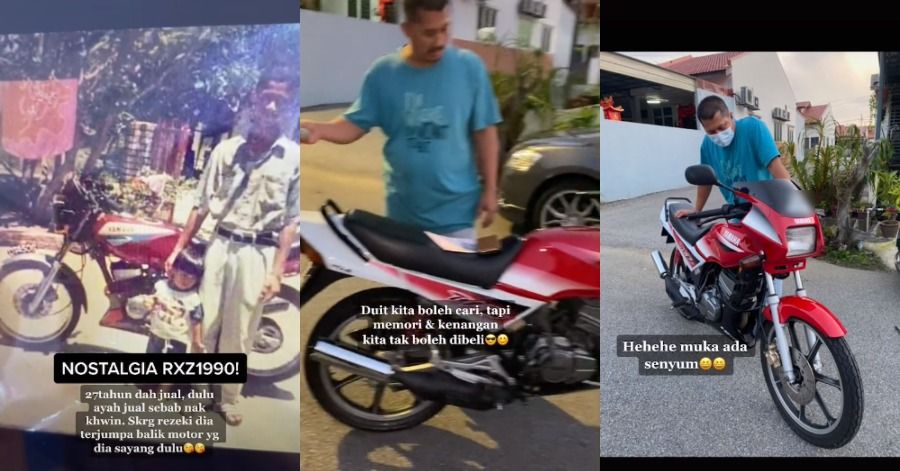Traditional Iban tattoos. The beauty of the art is in its ability to surpass time and cultures, carrying with it years of heritage and tradition. It seems the whole world is becoming more heritage conscious, with many locals and tourists seeking unique cultural experiences, hoping to discover people and places with a story to tell. It also makes for a particularly exciting time for local artists,
who embrace tradition and heritage in their work and are being recognized for it. Following Badan Warisan Malaysia’s (BWM) conclusion of its webinar series, Spotlight on Sarawak, the NGO discusses the impact of Iban tattoos on heritage preservation and shines a light on one local Sarawakian celebrating tradition through his work.
Founder of Borneo Ink and tattoo artist, Eddie David, celebrates his heritage through traditional Iban tattoos. David, who was driven by the sense that Iban’s traditional designs were slowly losing importance in the state and country, has since made a name for himself.
“Borneo Ink has been around since 2002, and Iban tattoos were always a part of what we did. Nearly 40% of the work we do on clients are traditional Iban tattoos,” shares David. Even more, tourists make up a majority of his clientele, learning about him from his features on National Geographic, CNN Travel, Discovery Channel, and more.
David shares that Iban tattoos are no easy feat, for the tattoo artist or the client. The method requires one person to stretch the skin, whilst the artist repeatedly taps a needled bamboo stick into the client’s skin. It is a long and tiring process, but according to David, the most skilled artists are able to produce machine-like quality work.
Though the feedback has been positive, preserving heritage in the modern day has its risks, like its misuse or appropriation. President of the Sarawak Heritage Society (SHS) and fellow speaker for Spotlight on Sarawak, James Yong, explains, “Art was made to be enjoyed by all. Yet, as art styles have evolved through time and are adapted by different communities, we risk exploiting it by those who do not have the same deep understanding of it, diminishing its value.”
Would patenting it be a solution? “We might argue that this only limits the artist, making art and culture exclusive when it should be the exact opposite,” says Yong. He argues that the loss of understanding of traditional rites may not be due to its appropriation at all, but rather because of the global community’s lack of awareness of the culture.
“This is what BWM and SHS are working so hard to achieve. Only in raising awareness and encouraging interest, will we be able to convince people to help promote and preserve their heritage and tradition,” Yong concluded.
Even more, David shares that, “social media has made it possible for people to learn about Iban culture. Perhaps the risk (of appropriation) is worth having our name and traditions shared with the rest of the world. We get to show the world that Iban culture is, in fact, one to admire.”
Many may believe that they do not have a role to play in heritage preservation when the biggest changemakers might very well be us. We all have the capacity to contribute, with the varied skills, time, and funding we can offer. For example, small actions like sharing heritage-inspired artwork online, like those done by David, can help to contribute to heritage awareness and preservation. The more we learn and speak up about who we are and where we came from, the more the world is likely to care for it.
BWM continues to seek additional funding for its educational and advocacy work. For more information, kindly visit https://badanwarisanmalaysia.org/ or email [email protected]
About Badan Warisan Malaysia
Badan Warisan Malaysia (BWM), also known as The Heritage of Malaysia Trust, is the leading national heritage NGO established in 1983, as an independent registered charity. BWM works to raise awareness of heritage issues and advocate for a conservation-friendly environment in Malaysia. BWM works throughout Malaysia, cooperating with community groups, institutions, the private sector, and all levels of Government to promote the conservation and preservation of our historic buildings and places. BWM plays a pivotal role in advocacy through a range of activities including heritage education, and we initiate research and documentation of our heritage assets and contribute to debates at international, national, and local levels, on the quality of our built and cultural environment.
For more information, kindly visit badanwarisanmalaysia.org/

